- Casablanca (1942)
- Citizen Kane (1941)
- The Grapes of Wrath (1940)
- It's a Wonderful Life (1946)
- The Maltese Falcon (1941)
- The Magnificent Ambersons (1942)
- Double Indemnity (1944)
- D.O.A. (1949)
- The Lady from Shanghai (1947)
- White Heat (1949)
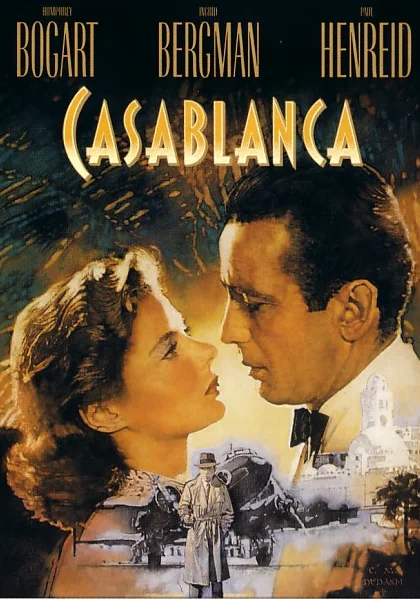 My choice for the number one film of all time is made easy by Casablanca which is the most quotable with
some of the best lines ever written. This one has it all, and it's just perfect, perfect, perfect every step of
the way. Humphrey Bogart, Ingrid Bergman, Claude Rains, and Paul Henreid will always have a place in cinema
history. Movies come and go, but there's only one Casablanca.
My choice for the number one film of all time is made easy by Casablanca which is the most quotable with
some of the best lines ever written. This one has it all, and it's just perfect, perfect, perfect every step of
the way. Humphrey Bogart, Ingrid Bergman, Claude Rains, and Paul Henreid will always have a place in cinema
history. Movies come and go, but there's only one Casablanca.
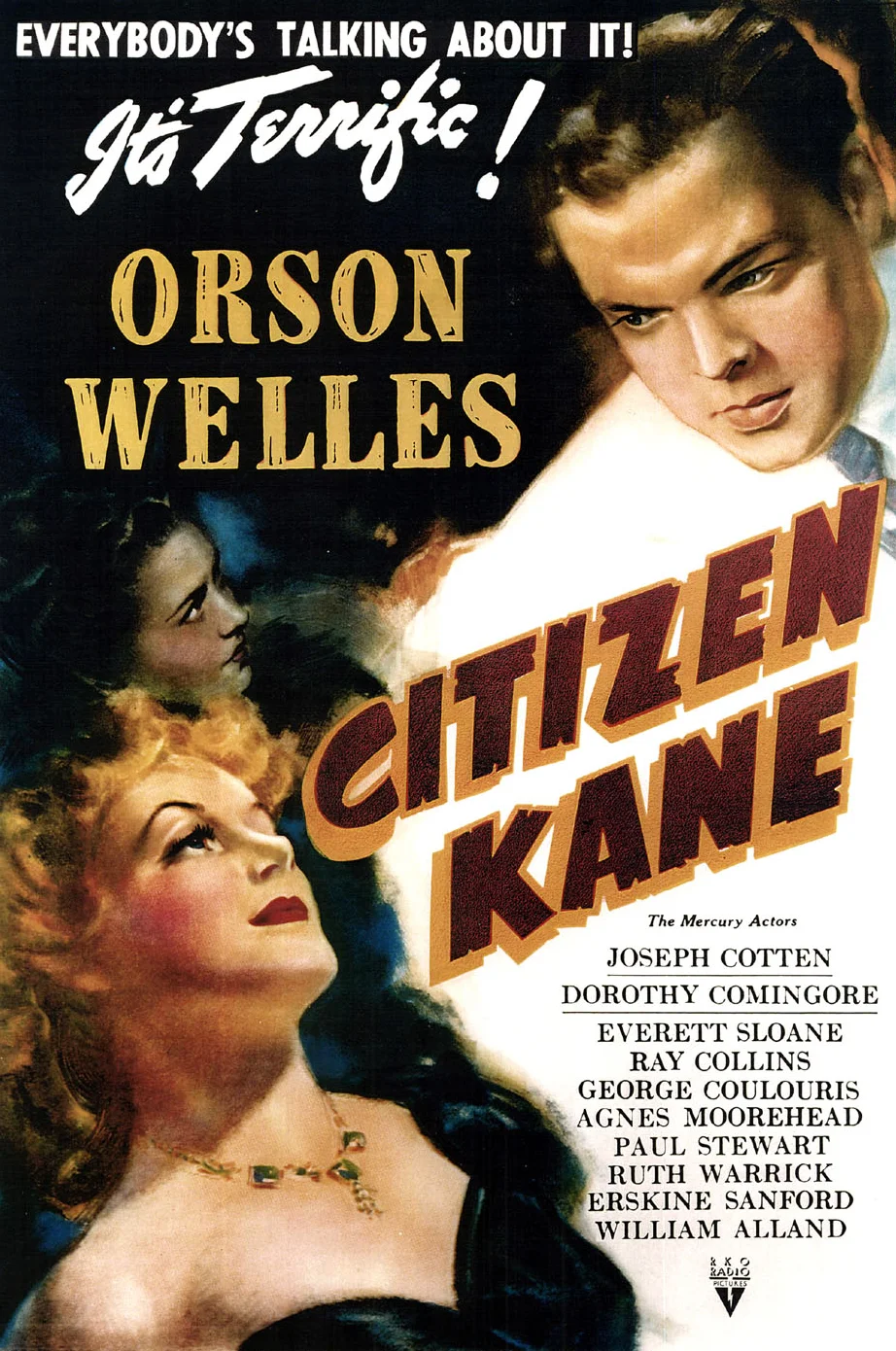 When Citizen Kane was released, Orson Welles reached the top of the mountain and became an immortal god
of cinema. Afterwards, he had nowhere to go but down...down he went hard. It puts everything about cinema into
perspective. An important film for numerous reasons, it's one of the best-shot works of art in terms of
storytelling through the power of cinematography. The controversy behind the scenes is the reason for its
mammoth reputation which makes the whole thing fascinating.
When Citizen Kane was released, Orson Welles reached the top of the mountain and became an immortal god
of cinema. Afterwards, he had nowhere to go but down...down he went hard. It puts everything about cinema into
perspective. An important film for numerous reasons, it's one of the best-shot works of art in terms of
storytelling through the power of cinematography. The controversy behind the scenes is the reason for its
mammoth reputation which makes the whole thing fascinating.
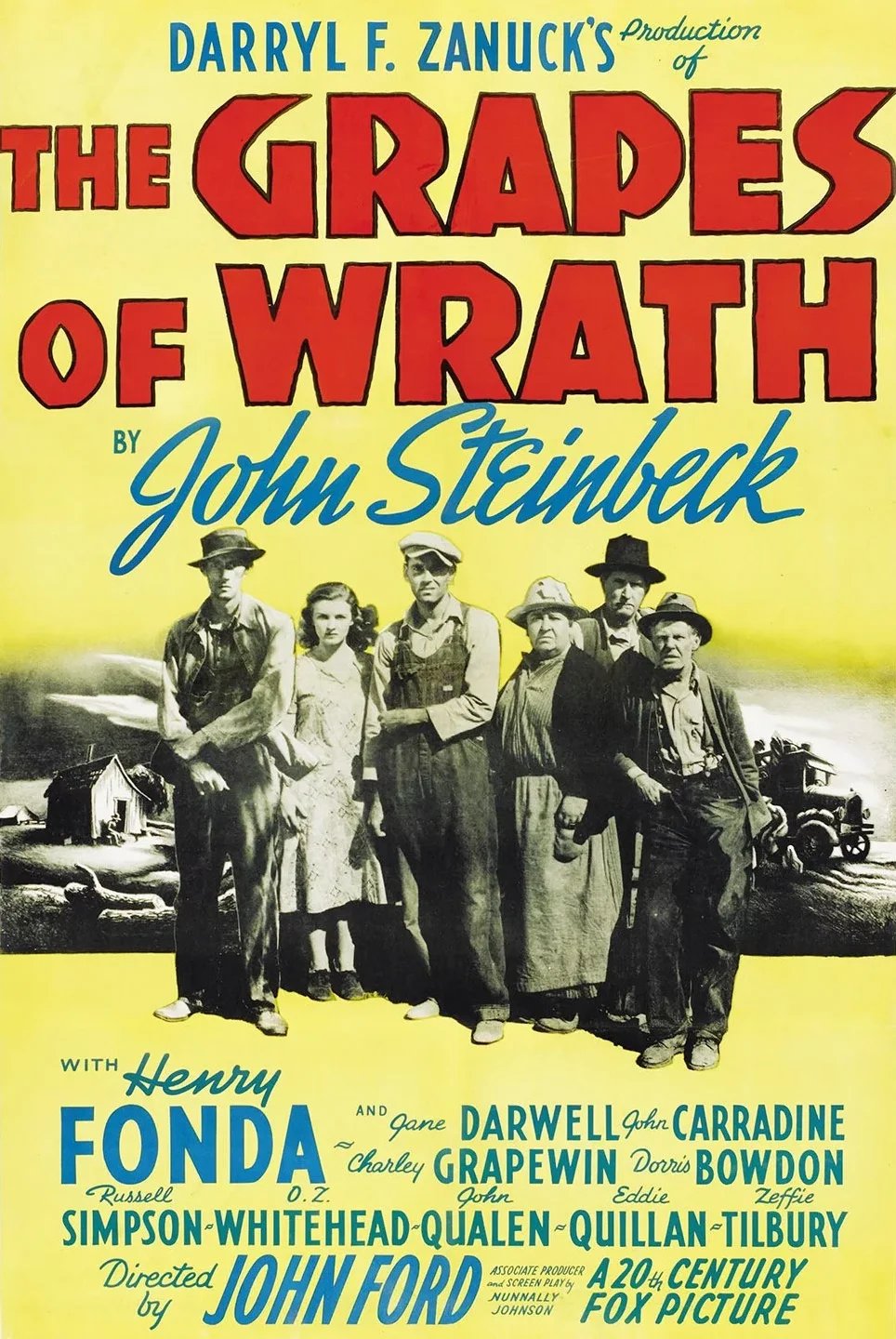 Just like the Nobel Prize-winning book by John Steinbeck, The Grapes of Wrath is a historically important
picture that depicts the great migration caused by the Dust Bowl during the 30's, the class struggles between
the haves and the have-nots, and workers' rights. It's just powerful stuff along with the superlative performances
by Henry Fonda, Jane Darwell, and John Carradine.
Just like the Nobel Prize-winning book by John Steinbeck, The Grapes of Wrath is a historically important
picture that depicts the great migration caused by the Dust Bowl during the 30's, the class struggles between
the haves and the have-nots, and workers' rights. It's just powerful stuff along with the superlative performances
by Henry Fonda, Jane Darwell, and John Carradine.
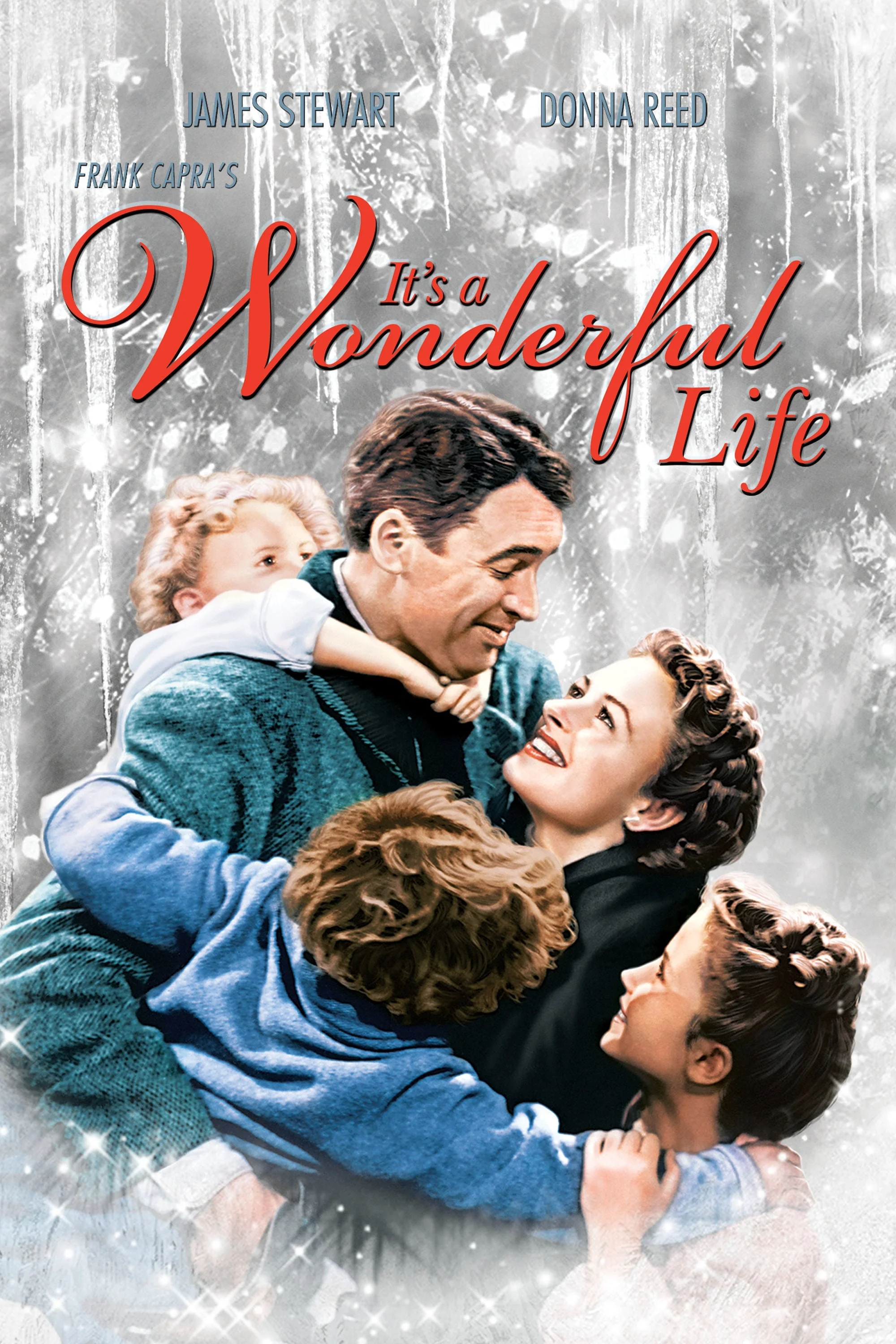 It's a Wonderful Life is the Christmas picture of them all. It also captures the human spirit. The last
twenty minutes is what transcends the film as a whole to another level, hence the repeated viewings. Any time
you're confronted by a person who wants to commit suicide, the best answer is telling him to watch
It's a Wonderful Life. This piece of advice will probably save his life, offering him a new perspective
of the world.
It's a Wonderful Life is the Christmas picture of them all. It also captures the human spirit. The last
twenty minutes is what transcends the film as a whole to another level, hence the repeated viewings. Any time
you're confronted by a person who wants to commit suicide, the best answer is telling him to watch
It's a Wonderful Life. This piece of advice will probably save his life, offering him a new perspective
of the world.
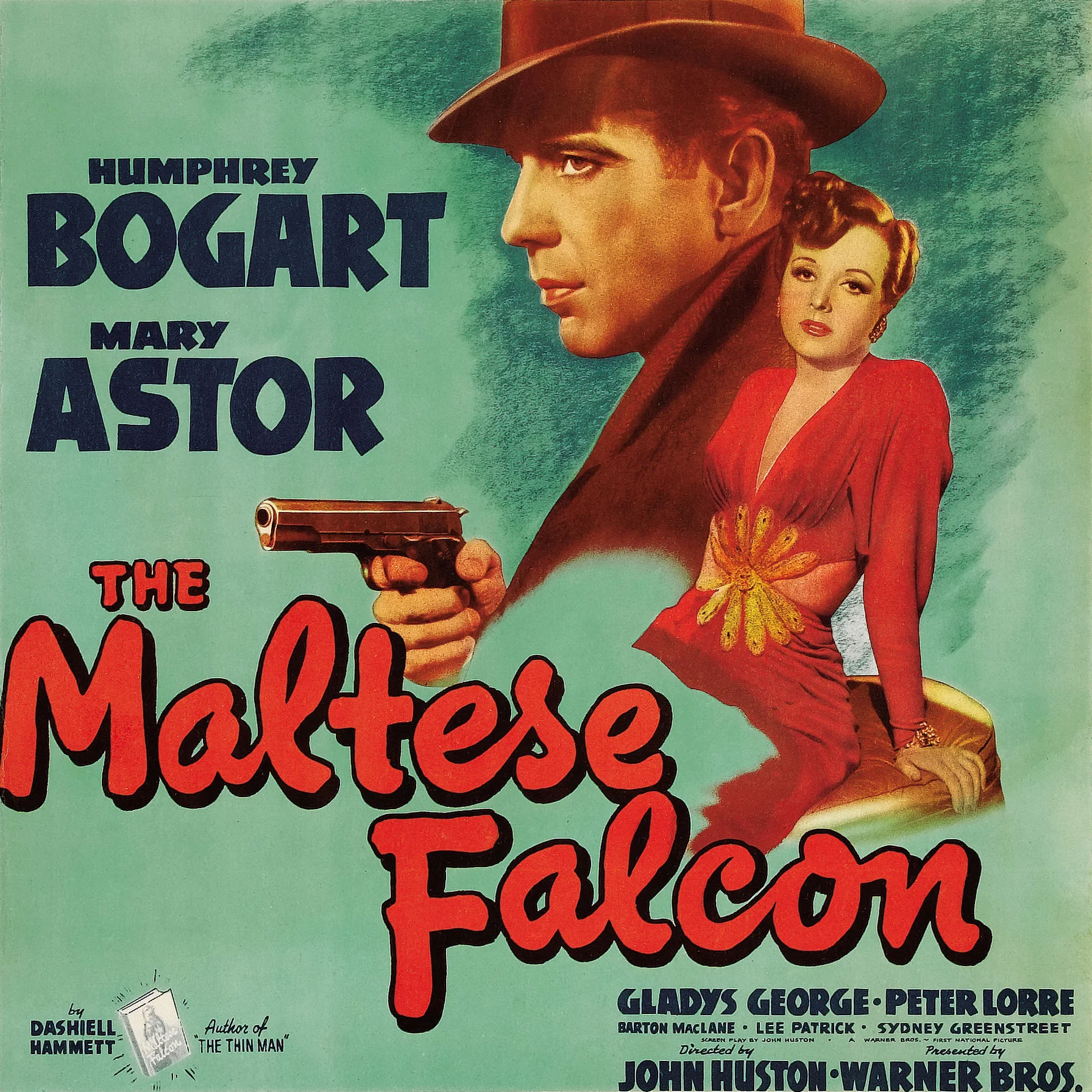 This is the grandfather of the film noir genre. Humphrey Bogart will always be iconic as Sam Spade, the
anti-hero private dick everybody imagines when they read the pulp detective stories. The cinematography is
top-notch, the script is marvelously done, and the mood can't be any more noirish. It's "the stuff that
dreams are made of."
This is the grandfather of the film noir genre. Humphrey Bogart will always be iconic as Sam Spade, the
anti-hero private dick everybody imagines when they read the pulp detective stories. The cinematography is
top-notch, the script is marvelously done, and the mood can't be any more noirish. It's "the stuff that
dreams are made of."
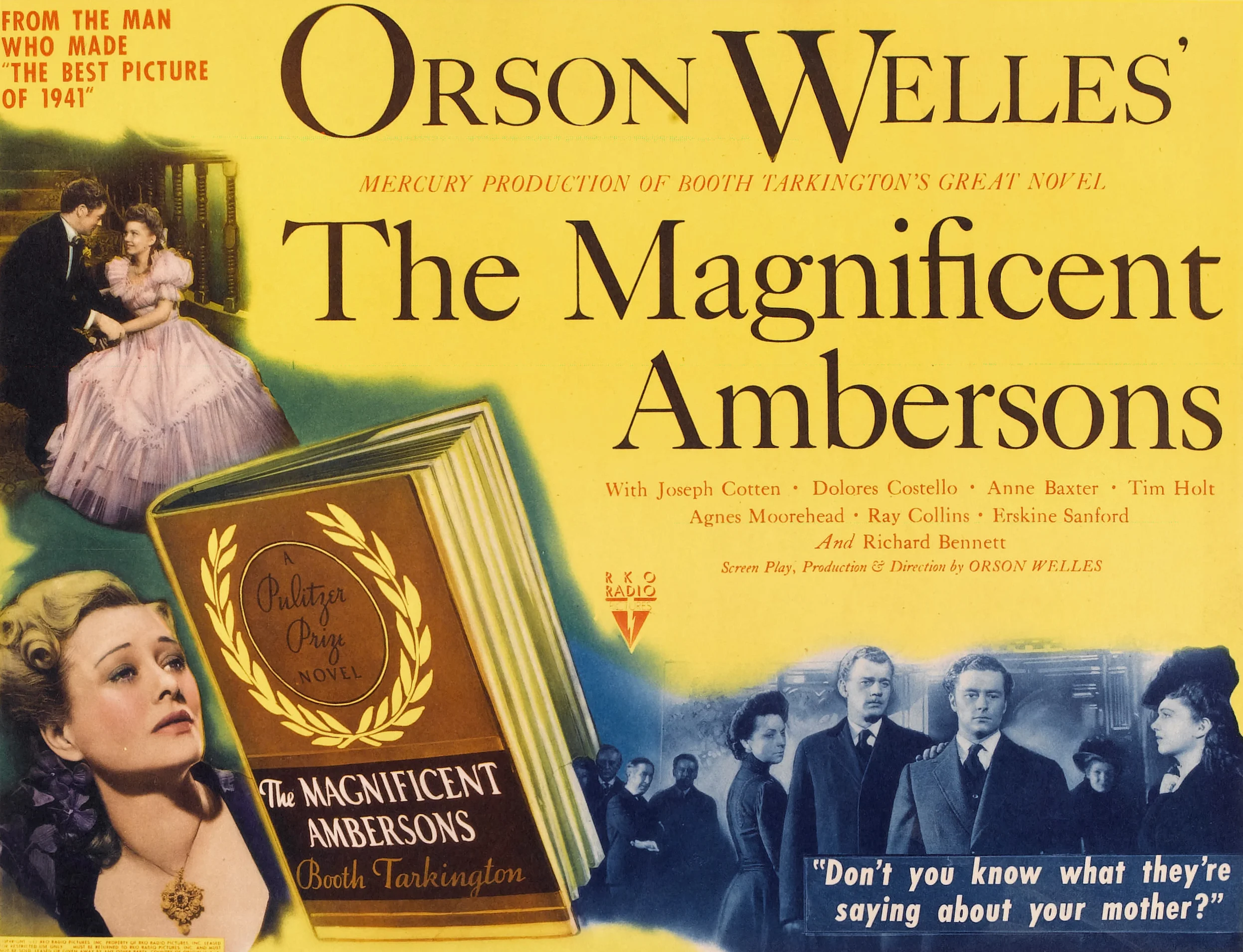 If you can't get enough of Citizen Kane, this one promises you more of the same. Written by Orson Welles
that's adapted from Booth Tarkington's novel, the story of The Magnificent Ambersons is sweeping,
innovative, and captivating which is coupled with a wonderful raconteur style. He was the master of advanced,
complicated scenes.
If you can't get enough of Citizen Kane, this one promises you more of the same. Written by Orson Welles
that's adapted from Booth Tarkington's novel, the story of The Magnificent Ambersons is sweeping,
innovative, and captivating which is coupled with a wonderful raconteur style. He was the master of advanced,
complicated scenes.
 Double Indemnity is a top five film noir with a great femme fatale in Barbara Stanwyck.
Fred MacMurray does his part well. There's a bit of a playful repartee between him and her that seals the deal
what this movie will be all about. Edward G. Robinson, as great as he has been in so many films, gives an
outstanding performance.
Double Indemnity is a top five film noir with a great femme fatale in Barbara Stanwyck.
Fred MacMurray does his part well. There's a bit of a playful repartee between him and her that seals the deal
what this movie will be all about. Edward G. Robinson, as great as he has been in so many films, gives an
outstanding performance.
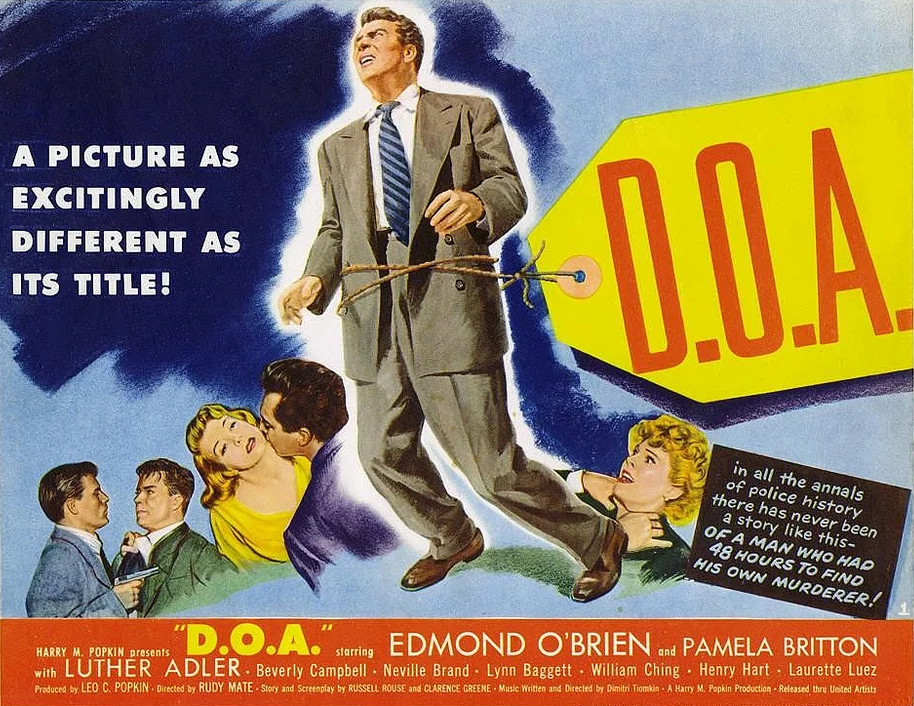 If there's an automatic must-see film noir, it's D.O.A. with Edmond O'Brien. Shot on location in
San Francisco and Los Angeles, it's a brilliant movie, one of the rarest with a strong start and a strong finish.
The gist of the story is unbelievable which goes like this: "Frank Bigelow, told he's been poisoned and has
only a few days to live, tries to find out who killed him and why." If that's not compelling enough, then nothing
else is.
If there's an automatic must-see film noir, it's D.O.A. with Edmond O'Brien. Shot on location in
San Francisco and Los Angeles, it's a brilliant movie, one of the rarest with a strong start and a strong finish.
The gist of the story is unbelievable which goes like this: "Frank Bigelow, told he's been poisoned and has
only a few days to live, tries to find out who killed him and why." If that's not compelling enough, then nothing
else is.
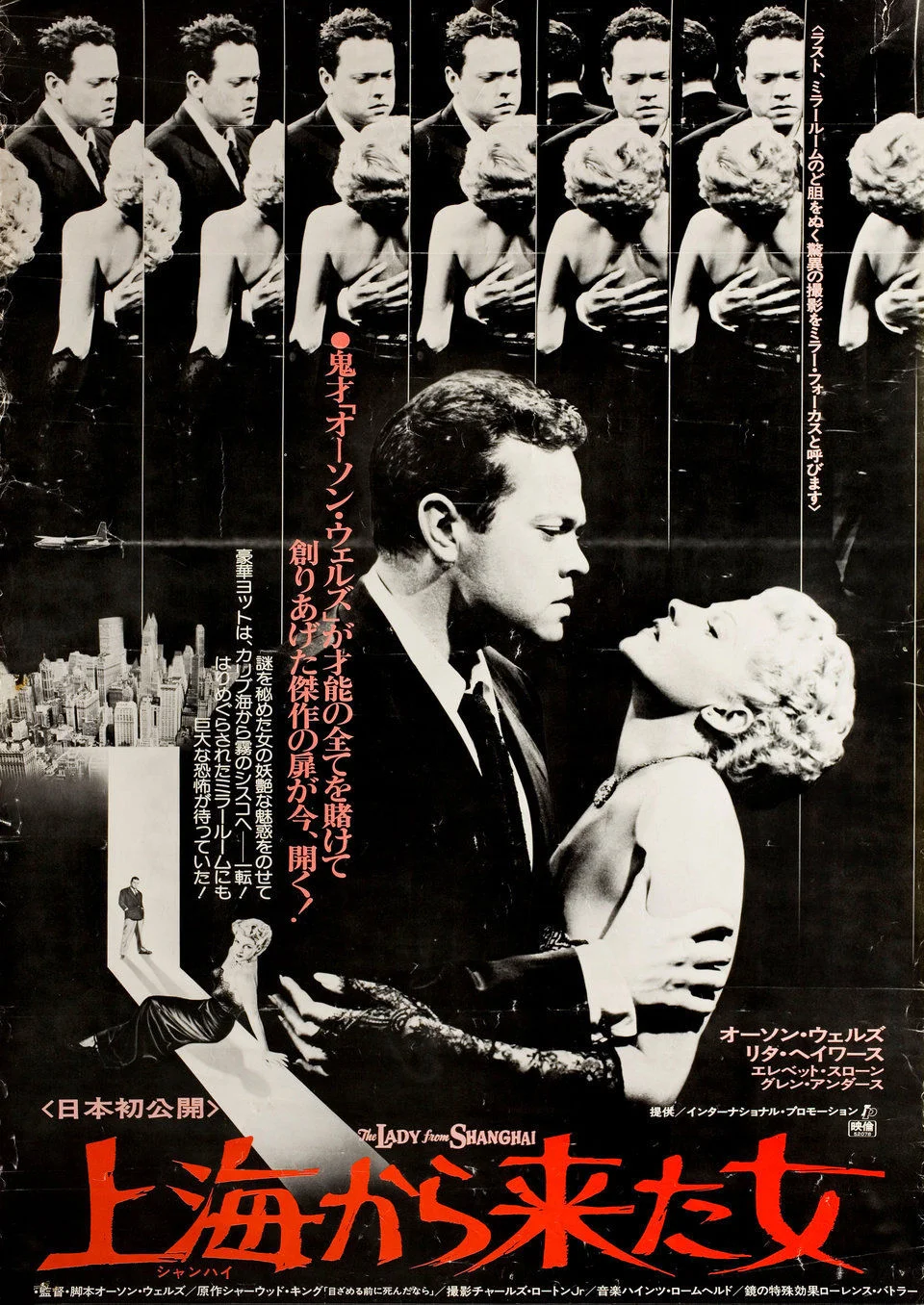 If the wunderkind said, "My name is Orson Welles. I invented the word 'genius' and defined it," I would've
believed him. One of the fastest-paced pictures, The Lady from Shanghai is that good and twisting. The
most famous scene is the Hall of Mirrors which is something to behold. There's nothing like it. Once again,
that's the genius of Orson Welles.
If the wunderkind said, "My name is Orson Welles. I invented the word 'genius' and defined it," I would've
believed him. One of the fastest-paced pictures, The Lady from Shanghai is that good and twisting. The
most famous scene is the Hall of Mirrors which is something to behold. There's nothing like it. Once again,
that's the genius of Orson Welles.
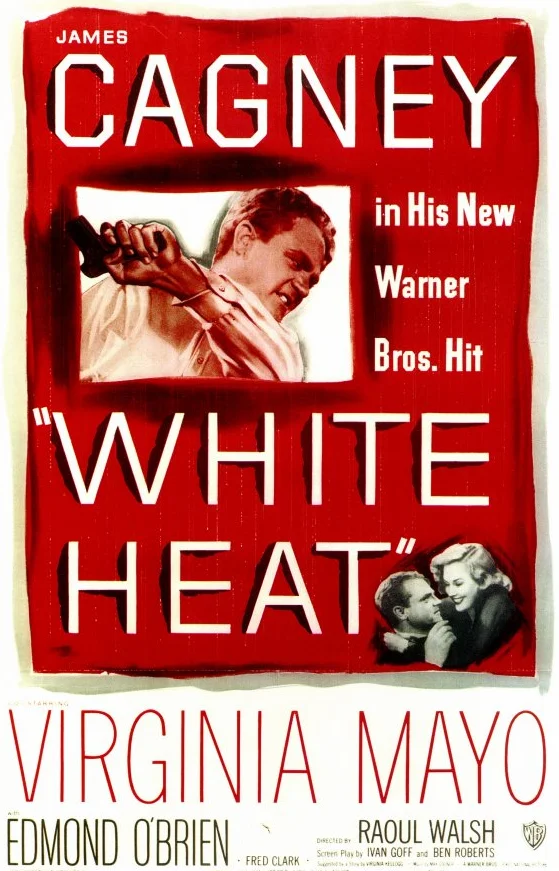 Powerful and mesmerizing, James Cagney gives the best performance of his career. His "Made it, Ma! Top of the
world!" scene in White Heat is among the all-time greatest endings. James Cagney's spontaneous reaction
after finding out what happened to his character's mother is another famous scene.
Powerful and mesmerizing, James Cagney gives the best performance of his career. His "Made it, Ma! Top of the
world!" scene in White Heat is among the all-time greatest endings. James Cagney's spontaneous reaction
after finding out what happened to his character's mother is another famous scene.